Be Mindful Where you Start From
There's an old Irish joke about a stranger who approaches a fellow in a rural village and asks for directions to a nearby pub. 'Well now,"says the local, scratching his head, "I wouldn't start out from here if I were you....."
I find myself having a similar thought when I listen to media interviewers asking what can be done to solve what appears to be a growing 'mental health crisis'. I get the feeling that the interviewer, the politicians, and the experts alike are all resigned to the fact that - no matter what we do - things will most likely continue to get worse rather than better.
As the joke illustrates, where you start out from makes a difference, and in certain respects it makes a whole world of difference. The problem we're up against in relation to mental health is NOT a lack of resources or a shortage of skilled, caring people who want to help. Nor is it a question of people needing 'more treatment'.
You have to back up a little further and realise that everything that is currently being done in the mental health field is a reflection of the prevailing model or paradigm. This model consists of a set of mostly unspoken assumptions and beliefs about psychological and emotional health & illness. There are certain things that we have collectively come to believe about mental health, and all of our treatments and interventions are based upon - and limited by - these so-called truths.
It is widely assumed in the psychiatric field, for example, that:-
Some people are born mentally healthy, but others are genetically predisposed to be mentally ill
Mental and emotional illness is largely a biological problem caused by an excess or deficiency of certain chemicals
There are certain psychological conditions that are permanent, and the best a person can hope for is to learn how to cope with and manage their symptoms
In the wider field of psychology and psychotherapy, it is generally assumed that:
Childhood trauma and past events are the main cause of psychological suffering
There are numerous 'stress factors' in people's lives that make them feel bad
Healing takes a long time and a lot of 'processing' of a person's issues
People need to practice techniques and go back into their past in order to feel better
The most widely-recommended treatments such as pharmaceutical drugs and cognitive behavioural therapy make perfect sense based on the above assumptions about 'what is wrong' with people who are suffering psychologically and emotionally. But what if those assumptions are fundamentally untrue? If we were to think differently about mental health, we would automatically treat people differently, and it is quite conceivable that we would experience very different outcomes as a result.
What Sydney Banks introduced to the world in the mid 1970's was a radical new perspective on mental health that is only now beginning to be more widely recognized. Just take a moment to reflect on what Syd Banks realised through his own direct experience:-
Every single person has innate mental health that can never be lost (although it can be temporarily obscured)
Only a person's own thoughts in the moment can create their feelings
The past can only affect a person to the degree that it continues to feature in their own thinking
We are only ever one thought away from happiness, or sadness, or any other experience
People can recover their mental and emotional well-being quickly and easily via insightful understanding of the simple principles behind their psychological functioning
Now, imagine for a moment what a mental health service might look like if it were to be based on these kinds of assumptions. What might be possible if we were to start out from here? I can tell you from my own experience that we would have every reason to be hopeful and optimistic. And we would see results on a daily basis that would be considered miraculous or 'unbelievable' from the 'old paradigm' viewpoint.
When we begin with a presumption that there is something wrong with a person, that they are somehow 'broken' or lacking something essential, we are embarking on an endless path of 'trying to fix and make things better' for them. When we can see that people are inherently mentally healthy right behind their psychological and emotional suffering, we start out from a different place. We can offer them real hope and have total faith in their capacity to come home to their own innate wisdom and wellbeing.

